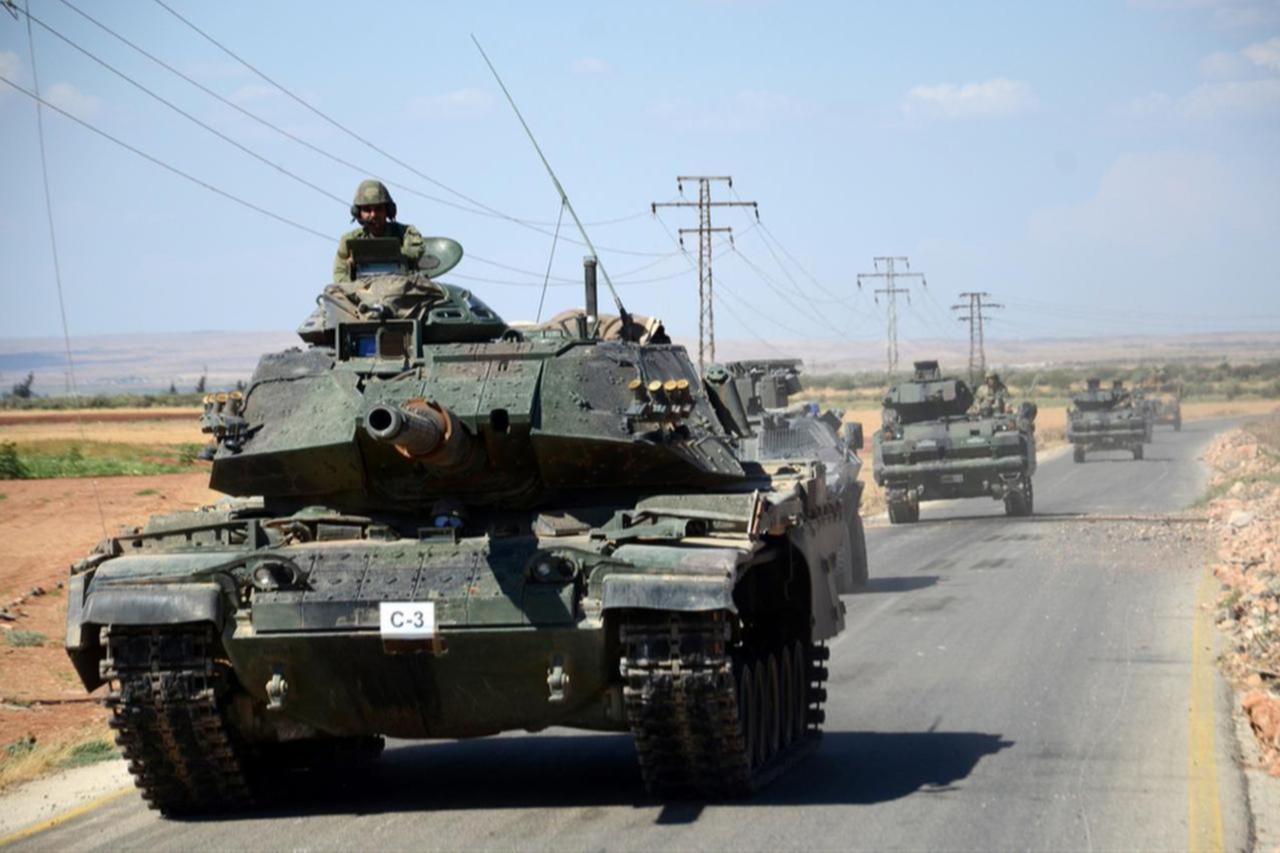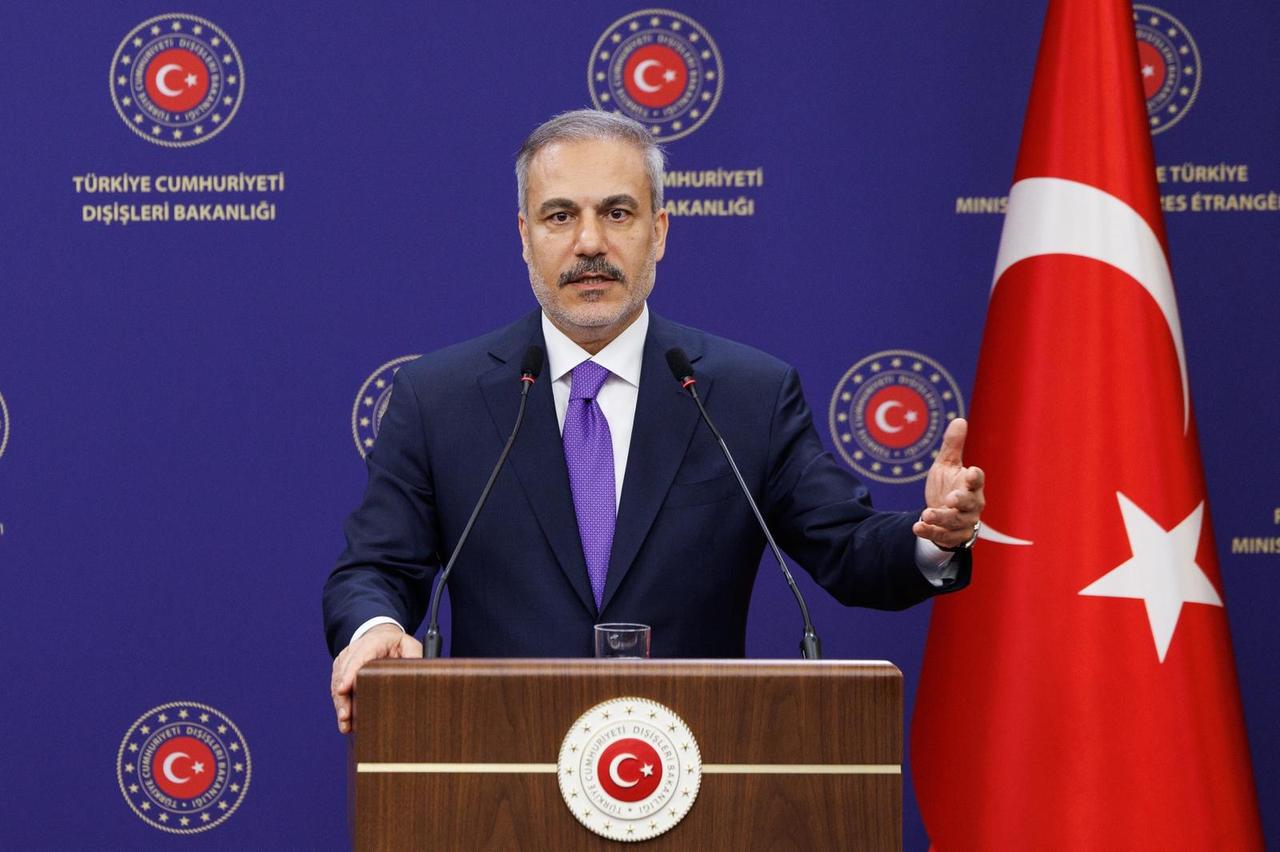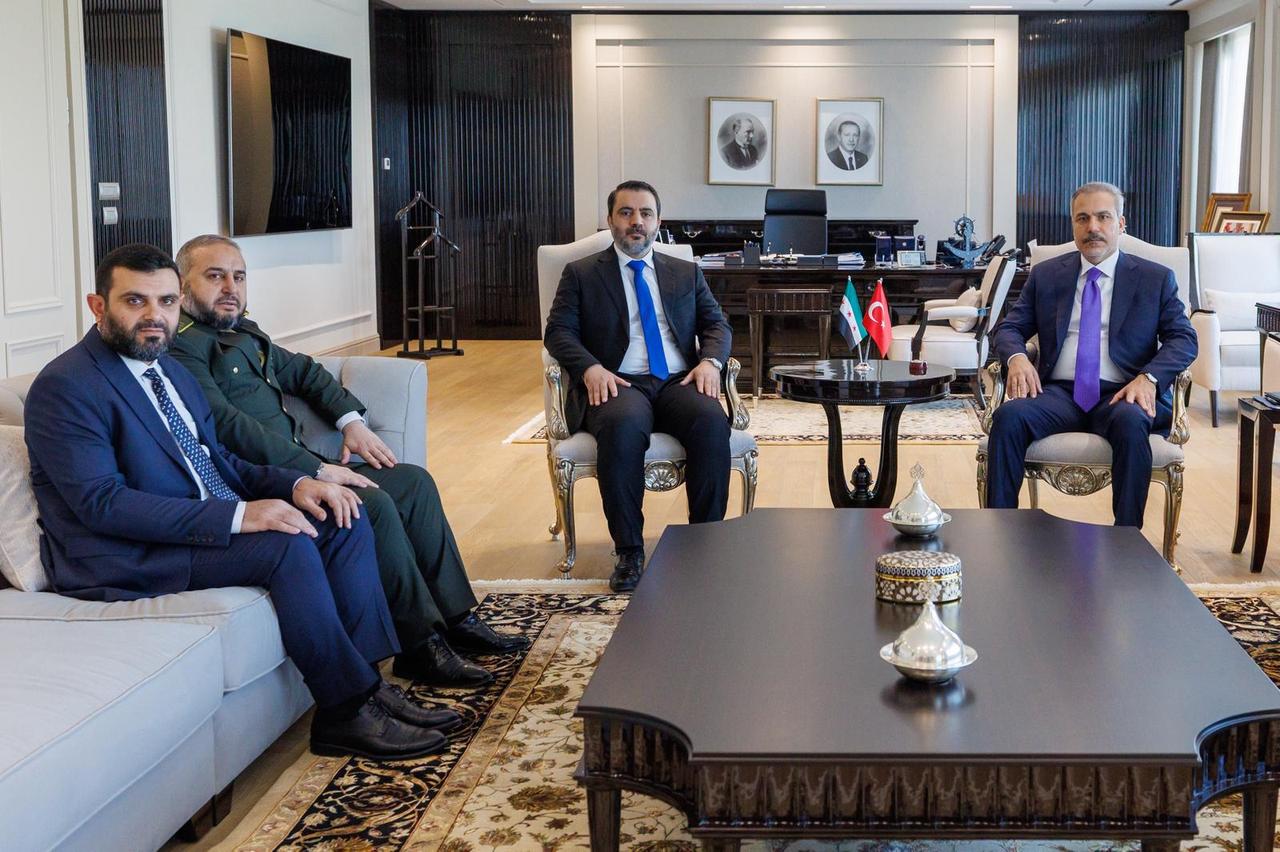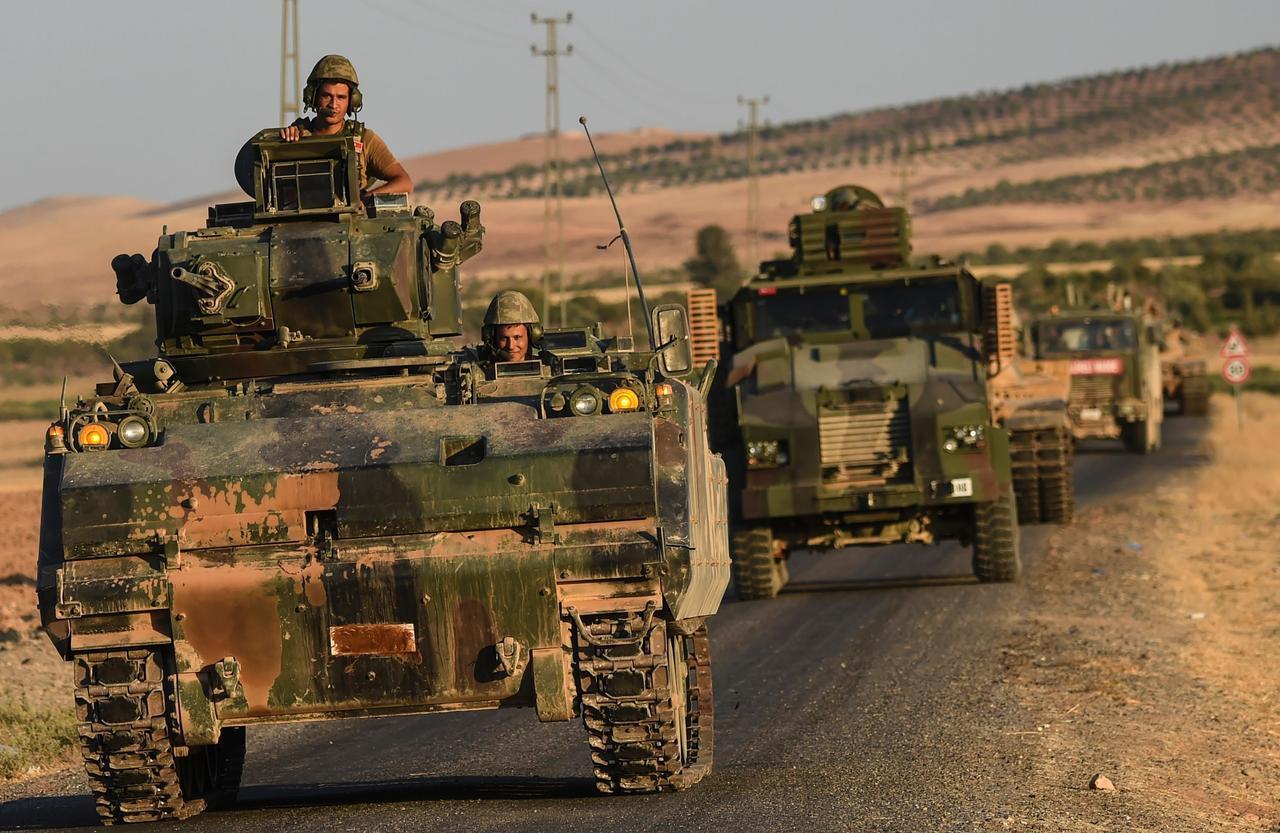
Foreign Minister Hakan Fidan on Wednesday issued yet another ultimatum to terrorist organization YPG-led SDF while security sources speaking to Middle East Eye (MEE) on Wednesday that Türkiye would not directly intervene against the SDF but could provide indirect support for Syrian army operations.
Fidan urged the YPG to abandon hopes of cooperating with Israel against Damascus and to honor their agreement to integrate with the central government, warning that Ankara was not naive and was fully aware of the SDF's activities.
"They say that the agreement we made with Syria does not bind us much in terms of the clauses written in it," Fidan said, referring to the SDF's stance on integration.
"Well then, what does concern you? Is making the esteemed Kurdish brothers of the region into Israel's pawns that what concerns you?" he added.
Fidan further alleged that the SDF was seeking Israeli assistance to maintain control over Arab-majority areas by force and to preserve its ties to the PKK.

The Turkish foreign minister's remarks came as Syrian Foreign Minister Al-Shaibani visited Ankara, accompanied by the Syrian defense minister and intelligence chief, to discuss security challenges in northern Syria as well as the situation in Sweida.
On Tuesday, Al-Shaibani had attended a meeting in Jordan with U.S. Special Envoy Thomas Barrack, aiming to find a path forward that would accommodate both Syrian and Israeli concerns regarding the safety of the Druze community in Sweida.
At the joint press conference in Ankara, Al-Shaibani also criticized a recent conference held by the SDF in Hasakah, where representatives of various ethnic and religious minority groups called for autonomy.
He said they did not represent the Syrian people and warned that Damascus remained resolute in preserving Syria's territorial integrity. Damascus last week cancelled a meeting with SDF representatives in Paris in protest of the conference, partially also because of Türkiye's objections to the French mediation.
In March, Syrian President Ahmed al-Sharaa signed a memorandum with SDF's Mazlum Abdi, agreeing in principle to integrate with Damascus. The deal included incorporating SDF into the Syrian army, transferring control of borders, government institutions, prisons, and oil and gas fields to the central authorities.

Fidan warned that Ankara's patience was wearing thin as the SDF failed to take concrete steps to address Turkish security concerns.
"At present, we see that members of the SDF coming from Türkiye, Iraq, Iran and Europe have not left Syria," he said, referring to the foreign fighters the SDF had pledged to expel.
"On the contrary, we see that they are waiting for possible problems to maximize their benefit from all processes - both in Damascus and in Ankara. They should not think we do not see this; we do see it."
While calling on the SDF to pursue peace with both Türkiye and Damascus, Fidan also suggested that no one should be surprised by potential developments, hinting that Ankara was prepared to take other measures, possibly including military action.
"But in an environment where Türkiye's security concerns are not addressed, there is no way for us to remain calm here," he said.

On July, Middle East Eye reported that Türkiye and the U.S., in a meeting with SDF officials, had given Abdi's group a 30-day deadline to accelerate the process of joining Damascus. That deadline is set to expire within days.
According to a regional source speaking to Middle East Eye, U.S. officials warned the SDF that the international coalition might not be able to shield them if Damascus decided to launch a military offensive in the event the March 10 agreement was not upheld.
Security sources told MEE on Wednesday that while Türkiye would not directly intervene against the SDF, the Turkish Armed Forces (TAF) could provide indirect support for a limited operation carried out by the Syrian army. They said preparations for such an operation had already been completed.
The sources also claimed that U.S. Special Envoy Tom Barrack, in meetings with Turkish officials in Ankara, requested more time for diplomatic efforts and negotiations with the SDF.
Turkish officials reportedly responded, in diplomatic terms, that "the decision and authority on the matter rest with the Damascus government, and that in line with the military cooperation between Damascus and Türkiye and Türkiye's national security sensitivities, any request for support from Damascus would be met positively."